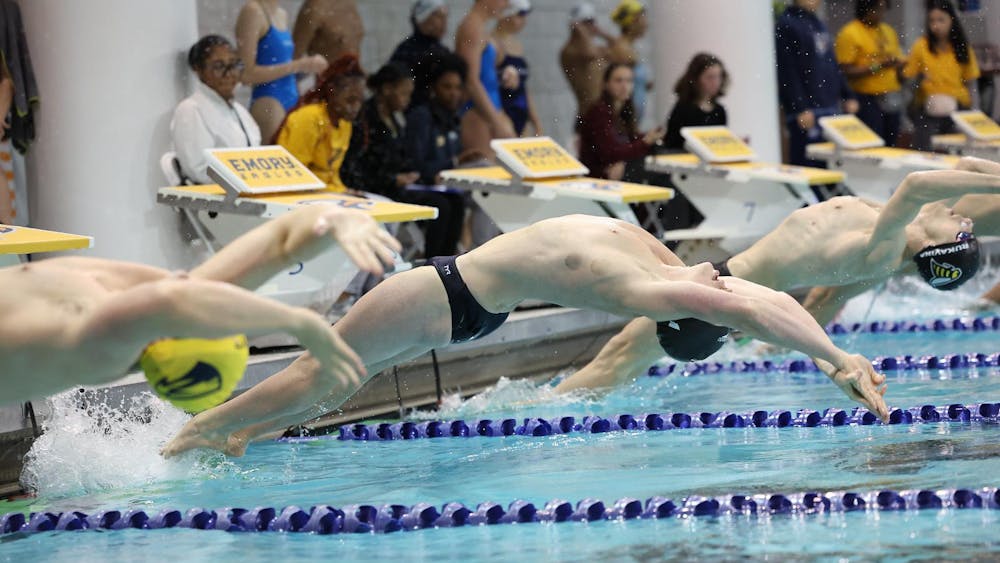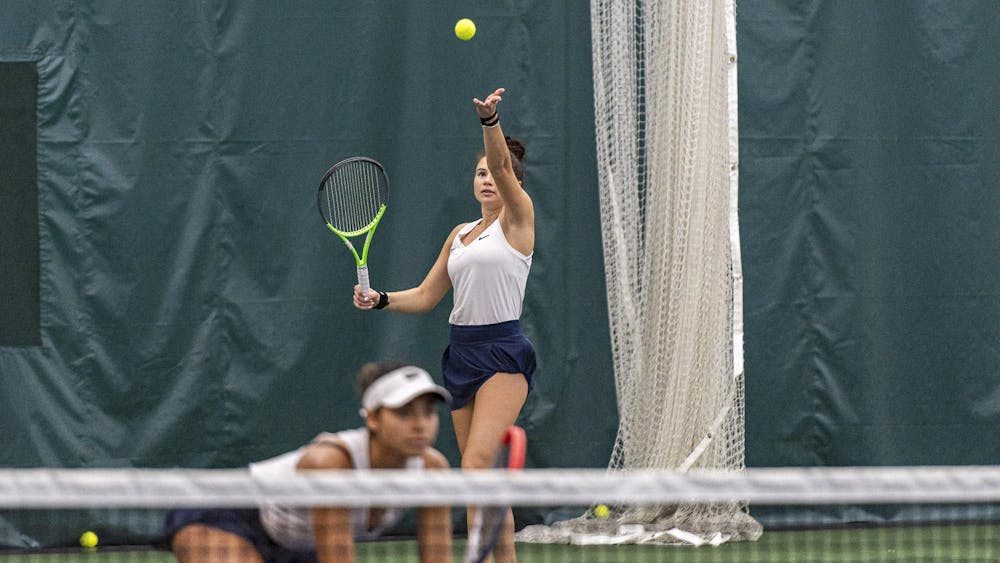While teams are qualifying for the 2022 FIFA World Cup in Qatar, the United States, Canada and Mexico are beginning to formalize arrangements for the 2026 FIFA World Cup — the first time in history that three countries will co-host the World Cup and the second time that the U.S. will have hosted the World Cup since 1994. Hosting 60 of the 80 total matches, the U.S. will choose 10 cities as game locations from a list of 17 candidate cities, a list in which Atlanta has emerged as a frontrunner.The man spearheading Atlanta’s host efforts, President of the Atlanta Sports Council Dan Corso, spoke with The Emory Wheel to discuss the massive implications the potential matches would have for our beloved city
This transcript has been edited for clarity and length.
Sammy John, The Emory Wheel: What is the latest update on Atlanta’s bid to host World Cup games?
Dan Corso: So, we are in a wait-and-see mode now. [We are] waiting to hear from U.S. soccer and FIFA on when the next steps will take place. ... FIFA will decide and confirm all cities by December 2020 or early 2021.
TEW: Have any FIFA officials gone around to different cities? Have they come to Atlanta to look at the facilities, Mercedes-Benz Stadium, and assess the conditions?
DC: It happened back when the North American bid was active [in 2018]. FIFA officials did come. We gave them an up-close look and feel of Mercedes-Benz Stadium. We have not had them back, but we hope to welcome them back in the next phase of the bid process.
TEW: Did you have a positive impression about those interactions? How did that inspection visit go?
DC: Yes, ... after North America won the bid, there was a bid evaluation report that came out. [Atlanta] as a community received really strong technical scores, including the [Mercedes-Benz] Stadium. We received a 4.1 out of a maximum of 5. Our accommodations, our transportation and our potential locations for the FIFA Fan Fest all scored superbly.
TEW: You have mentioned that Atlanta has owed a lot to the success of Atlanta United, the MLS team. United has really made the world notice that Atlanta loves soccer, and Mercedes-Benz Stadium has been a fantastic venue for them. Can you speak to how important the success of Atlanta United will be to a potential semi-final match in Atlanta?
DC: You have to look at Mercedes-Benz Stadium coupled with Atlanta United, two of our strongest points for FIFA to consider. Then, when you look at it in comparison with other markets that we are now competing within the US, ... what Atlanta United has done to raise our soccer profile, not only regionally and nationally, but globally, has catapulted us in the eyes of the soccer world. I think it should help us very much working with Atlanta United and the stadium in the next part of the bid process.
TEW: To clarify, what is your general pitch for why Atlanta should host World Cup matches? You alluded to transportation and the stadium. Would you mind emphasizing that again?
DC: [First], Atlanta United and the passion that we have for that brand and franchise, and soccer in general. [In addition, with] Mercedes-Benz Stadium and the Georgia Dome, we have traditionally sold a lot of tickets and had great attendance for our friendlies, MLS All-Star Game [in 2018], the [2018 MLS] Cup and Atlanta United matches. We have some great soccer attendance here, so there is a passion for the sport.
And you have our infrastructure for hosting, which is what we call our “championship campus.” At the core of that you’ve got Mercedes-Benz Stadium, which is surrounded by the Georgia World Commerce Center, State Farm Arena [and] Centennial Olympic Park, which is then surrounded by the attractions World of Coke, Georgia Aquarium [and] College Football Hall of Fame. And that is surrounded by restaurants, and that is surrounded by 12,000 hotel rooms, all within walking distance of all of that.
That is quite the formula for hosting these big events. It creates density. It creates a buzz, an energy. It is easier for people to move around. It creates efficiency in planning which is big for these large events. We have a campus downtown that is second to none. Also, Hartsfield-Jackson [Atlanta] International Airport has over 80 percent of the U.S. population within a two-hour direct flight. You put all that together, and it is really impressive.
EW: If Atlanta successfully wins the World Cup bid, and they host [some] World Cup matches, how do you think hosting such a global and influential sporting event will raise Atlanta’s sporting status? Do you think it might even be more impactful than the [1996] Olympics or the recent Super Bowl [LII]?
DC: We can never forget what the Summer Olympics in 1996 did to this city and this state. When it comes to hosting big events, it was the catalyst to get it all going. [The Atlanta Sports Council] aspire to have a major sporting event each year for the next 10 to 12 years until about 2030. We are on a good run: [College Football Playoff] Championship in 2018, Super Bowl [LII] in 2019, [NCAA College Basketball] Final Four in 2020, MLB All-Star game in 2021. We would hopefully have a FIFA World Cup [in 2026], followed by another Super Bowl and another Final Four at the later part of [the 2020s].
Of all of those, the FIFA World Cup is the biggest. It is certainly comparable to [the Olympics]. If you can imagine starting with the [1996] Olympic Games and 30 years later having the World Cup, and everything else in between, that is quite the run for our city.





